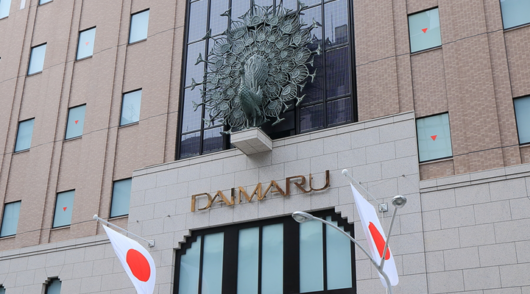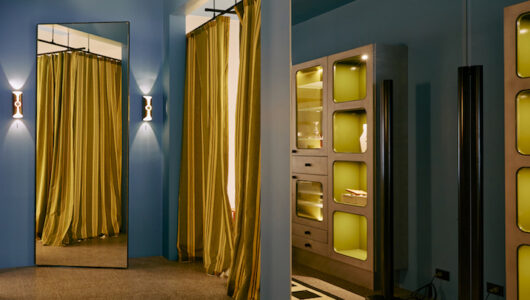Ikea has joined up with Canopy to keep the world’s ancient and endangered forests out of the viscose supply chain for home textiles.
Ikea is reaffirming its commitment to the world’s forests by joining the CanopyStyle program and buying viscose for home textiles solely from suppliers who received the top score in Canopy’s Hot Button Report. Ikea is the first major retailer specialising in home textiles and furnishings to join CanopyStyle.
“At Ikea, we are guided by our forest agenda and want to ramp up our work to further enhance biodiversity, mitigate climate change and drive innovation to use wood in even smarter ways – as the pressure on the world’s forests continues to grow,” said Lena Bischoff, material & innovation area manager, at Inter Ikea Group.
According to Ikea, with more than 20 per cent of global deforestation driven by commercial logging for everyday products, including home decor, more than half of the world’s GDP – $44 trillion – is at immediate risk due to nature loss.
Ikea said that these critical forest ecosystems support the majority of the world’s land life and are highly effective at carbon capture and storage. Leading scientists have highlighted forests as an important part of the climate solution, as well as vital to tackling the biodiversity catastrophe.
“The home textiles sector needs to step up and ensure that the forest-derived textiles, like viscose and lyocell, only come from responsibly managed forests, and make a shift towards lower-impact alternatives,” Bischoff added.
Canopy is a non-profit environmental organisation that works to conserve forests, biodiversity, and the climate. The organisation has worked with more than 900 companies to create environmental policies that reform unsustainable supply chains and safeguard the planet’s surviving ancient and endangered forests.
The CanopyStyle initiative now has over 520 worldwide businesses with a combined revenue of over 886.3 billion USD working to revolutionize the viscose supply chain.
Earlier this year, Ikea bought a 15 per cent interest in TagEnergy’s $2 billion Golden Plains Wind Farm near Geelong, Victoria, earlier this year, as the business saw sustainability investments as a “growth sector” and a top strategic objective.






